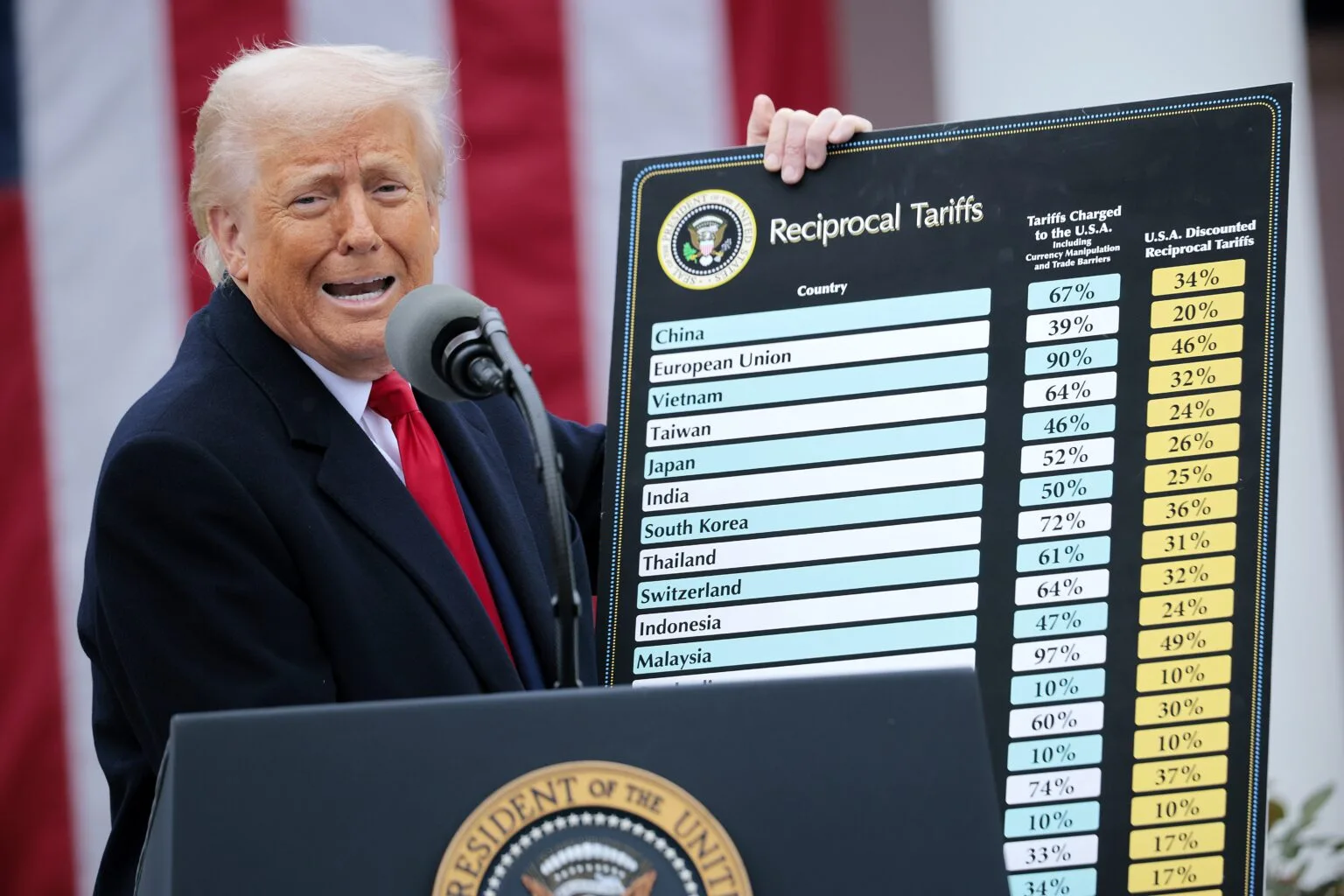
The Trump administration’s sweeping new tariffs on African exports have triggered a wave of mixed reactions across the continent,as governments,businesses,and civil society grapple with the implications of the United States’ evolving trade posture.
Under an executive order signed on July 31,tariffs ranging from 15% to 30% were imposed on 20 African countries,including major economies such as South Africa,Algeria,Tunisia,and Libya.
The move is part of President Donald Trump’s broader “America First” strategy,which seeks to replace traditional aid with commercial engagement.
In South Africa,which faces the highest tariff rate of 30%,Trade Minister Parks Tau said the government had made multiple diplomatic overtures,including a $3.3 billion investment offer in U.S. industries and natural gas purchases,but received no formal response from Washington. Tau described the tariff as a “serious blow” to South Africa’s export-driven economy and emphasized the urgency of defending jobs and competitiveness.
Lesotho,initially targeted with a 50% tariff before it was reduced to 15%,declared a state of emergency in July. The country’s textile industry- one of its largest employers- has already seen factory closures and mass layoffs. Lesotho is a key supplier to U.S. brands like Levi’s,Walmart,and JCPenney.
In Nigeria,where tariffs were raised from 14% to 15%,the response has been more muted. However,analysts in Lagos warn that the increase could strain U.S.-Nigeria trade relations,particularly in agriculture and manufacturing sectors.
Other affected countries,including Tunisia,and Ghana,have yet to issue formal statements,though diplomatic sources suggest behind-the-scenes discussions are underway.
Despite the backlash,some African leaders have cautiously welcomed the Trump administration’s emphasis on trade over aid. At a U.S.-Africa summit in June,several heads of state pitched investment opportunities in energy,agriculture,and tourism. Senegal’s president even invited Trump to build a golf course,signaling openness to deeper commercial ties.
U.S. officials say the new approach is designed to unlock Africa’s economic potential. “We’re shifting from aid dependency to strategic partnerships,” said Troy Fitrell,the top U.S. diplomat for Africa. He noted that the continent’s purchasing power could exceed $16 trillion by 2050,making it a vital market for American businesses.
The Trump administration has already closed the U.S. Agency for International Development (USAID),redirecting resources toward private-sector deals. In the first 100 days of Trump’s second term,$6 billion in deals were signed,with an additional $2.5 billion in commitments announced in June.
United News - unews.co.za